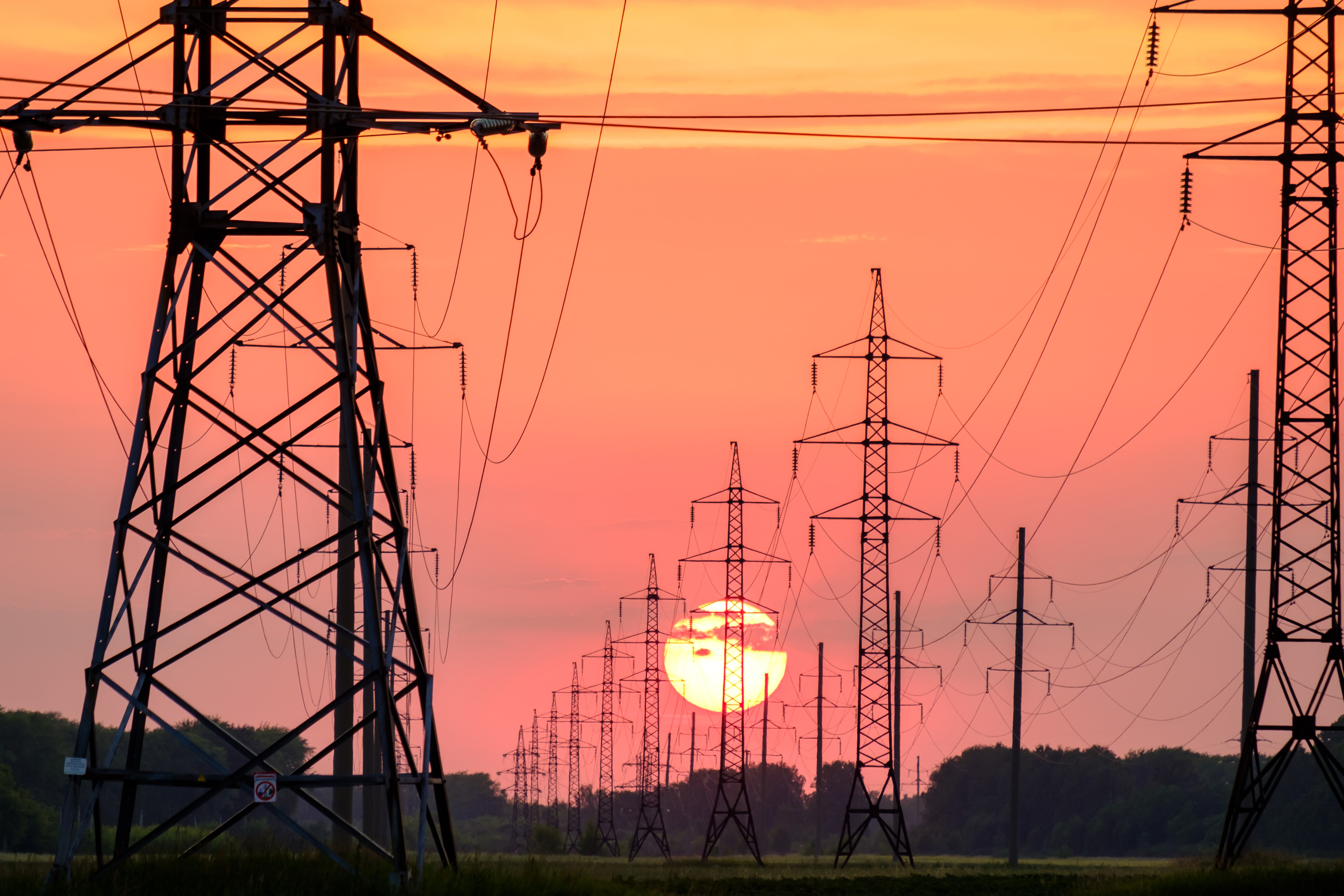The Autumn Statement made it clear that businesses making extraordinary profits due to external factors need to contribute more – a quasi-windfall tax if you will. This is particularly targeted at the oil and gas sector, as evidenced by the extension of the Energy Profits Levy to the end of March 2028 and the increase in its rate by 10 percentage points to 35% from 1 January 2023.
However, the structure of our energy market means high oil and gas prices are driving up the cost of otherwise cheap low-carbon electricity in the UK. The government has therefore also introduced the Electricity Generator Levy (EGL).
The Electricity Generator Levy is intended to be a temporary 45% charge on “exceptional receipts” generated from the production of wholesale electricity. The levy came into effect from 1 January 2023 and will run up until 31 March 2028.
“Exceptional receipts” are broadly defined as wholesale electricity sold at an average price in excess of £75 per MWh over an accounting period. The EGL is therefore a tax on revenue, rather than profits.
Some generators within scope of the levy have seen certain costs increase in line with the wholesale price of electricity. This is often in the form of fuel costs or revenue-sharing agreements with third parties. The levy will allow for the deduction of a limited set of exceptional costs when calculating generators’ liabilities.
The levy also provides:
- An allowance for the first £10m per annum of excess generation receipts that will not be subject to the levy
- A de minimis meaning the levy will only apply to companies or groups of companies generating more than 50 gigawatt hours per annum
The levy applies to companies or groups generating electricity from nuclear, renewable, biomass, and energy from waste sources and it will be administered via the Corporation Tax system and paid by the responsible company in a group of companies.
It is therefore important that generators, if not already within the scope of EGL, continue to monitor their total output to ensure compliance with the new regime.
The next step
If you have any questions regarding this article please contact Nikhil Oza, or your usual UHY adviser.




